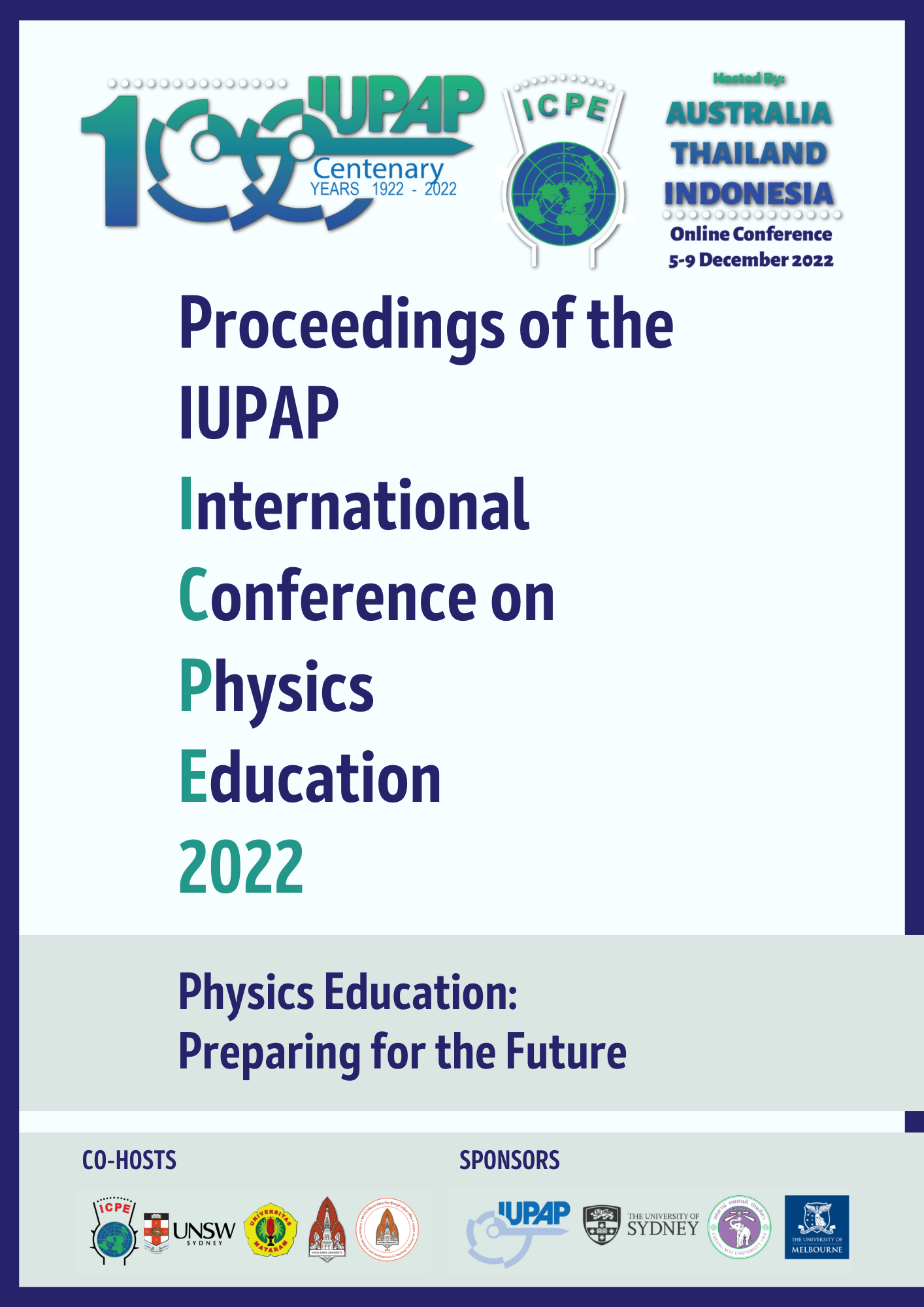Advanced Physics Laboratories Workshop: Challenges and Opportunities
Abstract
Undergraduate laboratories are an integral part of undergraduate education in science and engineering. A recent American Association of Physics Teachers report on teaching laboratories identified main goals of the undergraduate laboratory curriculum, with learning outcomes focused on: constructing knowledge, modeling, designing experiments, developing practical laboratory skills, collecting, analyzing, and visualizing data, and finally, communicating the results. While significant progress has been achieved in reforming the laboratory components of the introductory-level courses, improving the labs for more specialized upper division physics courses remains a challenge, especially for smaller-size programs and Departments. Obstacles include the cost involved as well as the expertise needed for developing and running highly specialized experiments. This workshop will address the potential ways to overcome some of the challenges. While the offered workshop format does not allow providing a complete immersion-type experience with the advanced labs, workshop participants will be given opportunity to sample the fragments of several essential lab experiments, in a virtual format, and discuss, in the breakout rooms, the sample tasks, questions and data. Some open-source resources for advanced laboratories (both in-class and virtual/remote options) will be shared with the workshop participants.
Intended Audience: Undergraduate Physics Educators
Downloads
Published
Issue
Section
License
Authors who publish with the Proceedings of the International Conference on Physics Education 2022 agree to the following terms:
a) Authors retain copyright and grant the journal right of first publication with the work simultaneously licensed under a Creative Commons Attribution License (https://creativecommons.org/licenses/by/4.0/) that allows others to share the work with an acknowledgement of the work's authorship and initial publication in this journal.
b) Authors are able to enter into separate, additional contractual arrangements for the non-exclusive distribution of the journal's published version of the work (e.g., post it to an institutional repository or publish it in a book), with an acknowledgement of its initial publication in this journal.
c) Authors are permitted and encouraged to post their work online (e.g., in institutional repositories or on their website) prior to and during the submission process, as it can lead to productive exchanges, as well as earlier and greater citation of published work (See The Effect of Open Access - http://opcit.eprints.org/oacitation-biblio.html).
Privacy Statement The names and email addresses entered in the Proceedings of the International Conference on Physics Education 2022 site will be used exclusively for the stated purposes of this journal and will not be made available for any other purpose or to any other party.
